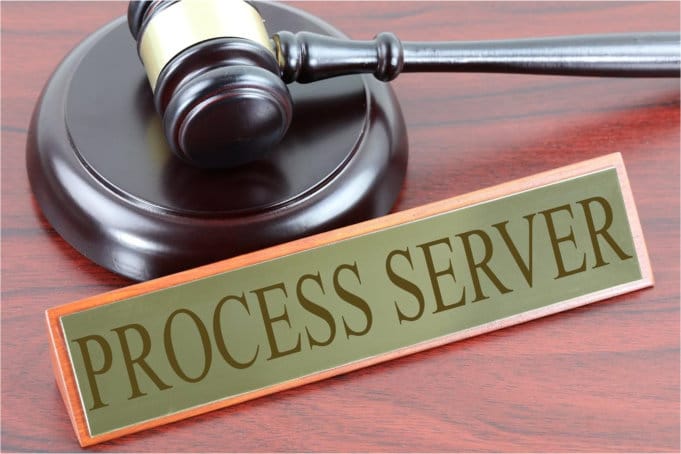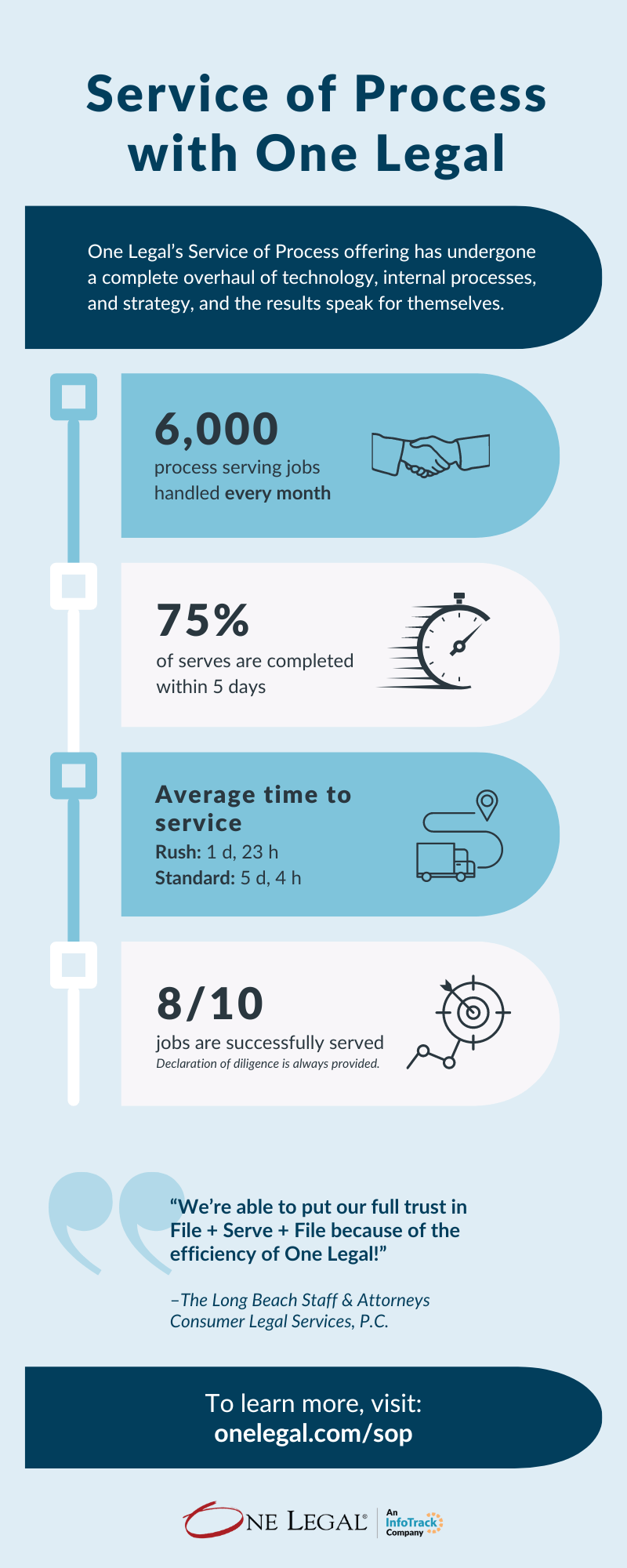The Benefits of Employing Experts for Process Serving in Legal Instances
The Benefits of Employing Experts for Process Serving in Legal Instances
Blog Article
Understanding the Relevance of Process Offering in Lawful Procedures
Process serving is a fundamental aspect of lawful procedures that makes certain all parties are notified of their civil liberties and commitments. The subtleties of efficient procedure serving prolong past plain distribution; they incorporate lawful demands and prospective effects of incorrect service.
Interpretation of Refine Offering
Process serving is an important element of the legal system, defined as the official shipment of lawful papers to individuals included in a litigation. This procedure ensures that all events are adequately educated of lawsuits being taken versus them or to which they are an event. Generally, these files consist of summons, grievances, subpoenas, and various other court-related documents that need the recipient's focus and response.
The value of procedure serving depend on its function in promoting the concepts of due process. It guarantees that individuals have notification of lawful proceedings, thus supplying them an opportunity to respond or safeguard themselves. Appropriate service of procedure is not merely a step-by-step procedure; it is a fundamental element of guaranteeing fairness and openness in the judicial system.
Process serving can be performed by various individuals, including professional process servers, law enforcement police officers, or even attorneys, relying on administrative guidelines. Each method of solution has its very own criteria and practices, which are crucial to stop delays or dismissals within the legal framework. Therefore, understanding the interpretation and function of procedure offering is important for all stakeholders included in legal procedures.

Lawful Demands for Process Serving
Lawful requirements for process serving are vital to ensure that the shipment of lawful files abides by established procedures and is recognized by the court. Each jurisdiction has specific laws regulating just how and when papers have to be served, which may include subpoenas, complaints, and summonses.
Generally, process-server need to be impartial 3rd parties that are not included in the instance. They need to likewise follow state policies pertaining to service approaches, which can include personal solution, alternative solution, or solution by mail. Individual service involves delivering papers directly to the recipient, while replacement solution enables delivery to an additional responsible individual at the recipient's home or workplace.
Additionally, process servers are typically needed to submit an evidence of service, a legal record that validates the shipment of papers, with the court. This file includes information such as the date, time, and method of service, in addition to the name of the person offered.

Function in the Justice System
An essential component of the justice system, procedure offering ensures that individuals included in lawful procedures are effectively alerted of actions taken against them (Process Serving). This official alert is critical for maintaining the principles of due process, which mandates that events have the chance to react to claims made against them. Without efficient process offering, the lawful system would certainly be rendered inefficient, as people could involve in activities without understanding of pending lawful issues
Process-server serve an important role in protecting the honesty of the legal procedure. They serve as neutral events, providing lawful records such as summons, issues, and subpoenas, therefore promoting transparency and liability within the judicial framework. By ensuring that all parties are educated, procedure serving aids to avoid any kind of possible unjust advantage, permitting equitable participation in legal process.
Moreover, the professionalism and trust of process-server adds to the public's count on the justice system. Their adherence to lawful requirements content and honest methods enhances the authenticity of the judicial procedure. Eventually, efficient process serving is indispensable in advertising the rule of regulation and visit this page making certain that justice comes to all people associated with legal disputes.
Consequences of Improper Solution
The effects of incorrect solution can substantially undermine the honesty of lawful process. When a celebration is not served correctly, it can lead to a host of issues, including hold-ups in case timeline and raised lawful costs. Inappropriate service can result in the defendant not understanding the lawful action versus them, which might stop them from reacting appropriately or offering their defense. This lack of notice can ultimately bring about default judgments, where the court policies in favor of the complainant without listening to the defendant's side.
In addition, improper solution can provide court orders and judgments void, forcing the plaintiff to reactivate the process, which can be both financially burdensome and time-consuming. It can additionally open up the door to charms and difficulties, as the offender might say that they were not appropriately alerted of the proceedings, complicating the lawful landscape further.
Best Practices for Effective Solution

Second, timing plays a vital duty. Serving files immediately can protect against hold-ups in legal process and make sure that all parties are alerted in a prompt manner. Furthermore, hiring a professional process-server can enhance performance, as they are educated to browse possible difficulties and guarantee conformity with local laws.
Third, see this website maintaining accurate records of the solution process is vital. Documenting the date, time, and fashion of service can offer vital proof if disputes arise pertaining to whether solution was correctly performed.
Final Thought
Finally, process serving is a necessary element of lawful treatments, guaranteeing that all celebrations are appropriately notified and afforded the chance to respond. Complying with legal demands and finest practices not only promotes the principles of due procedure but also strengthens the honesty of the justice system. The repercussions of improper service can result in considerable delays and problems, highlighting the requirement for effective process serving in advertising justness and ease of access in lawful disagreements.
The nuances of effective process serving extend past mere shipment; they encompass legal demands and potential repercussions of incorrect solution.Process offering is a critical part of the legal system, defined as the formal shipment of lawful papers to people involved in a court instance. Without reliable procedure offering, the lawful system would certainly be made inadequate, as people can engage in actions without understanding of pending legal matters.
Refine web servers serve a vital role in protecting the honesty of the lawful process - Process Serving. The effects of improper solution can lead to considerable delays and issues, highlighting the necessity for reliable procedure offering in promoting fairness and accessibility in legal disagreements
Report this page